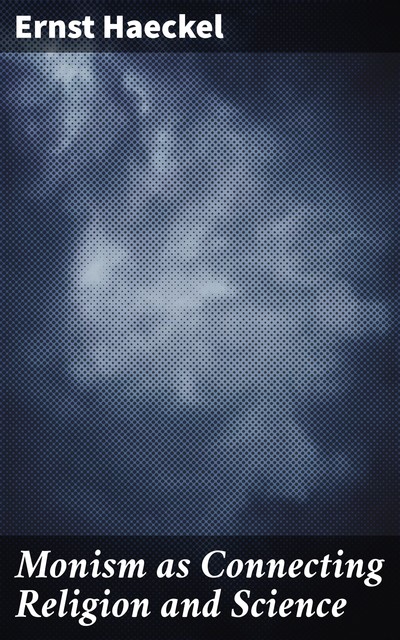In “Monism as Connecting Religion and Science,” Ernst Haeckel presents a compelling philosophical framework that seeks to unify the realms of spirituality and empirical science. Written during the rise of German Idealism and the advancement of the natural sciences in the late 19th century, the book is characterized by Haeckel's incisive prose and passionate advocacy for a monistic worldview. Haeckel argues that all forms of knowledge, whether religious, scientific, or philosophical, can converge into a single coherent system, expanding on themes of Darwinian evolution and materialism. His integration of artistic and scientific perspectives marks a significant contribution to the intellectual discourse of his time, challenging the rigid dichotomy often drawn between faith and reason. Ernst Haeckel, a biologist and naturalist, was profoundly influenced by the theories of Charles Darwin and the vibrant philosophical landscape of his era. His academic background in biology and his fervent interest in evolutionary theory propelled him to explore the intersections between human belief systems and scientific understanding. Haeckel's advocacy for monism reflects his quest to reconcile the conflicting views of his contemporaries, positioning him as a pivotal figure in the development of modern thought. Readers seeking to deepen their understanding of the connections between science and spirituality will find Haeckel's work invaluable. “Monism as Connecting Religion and Science” is not only a historical document but a thought-provoking examination that invites contemporary audiences to reflect on the continuity of knowledge. It challenges readers to consider how philosophical inquiries can inform scientific understanding, making it a must-read for anyone interested in the dialogue between science and religion.


